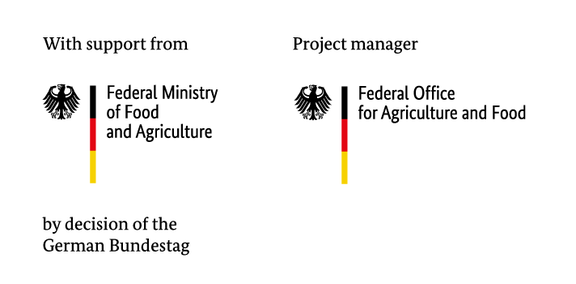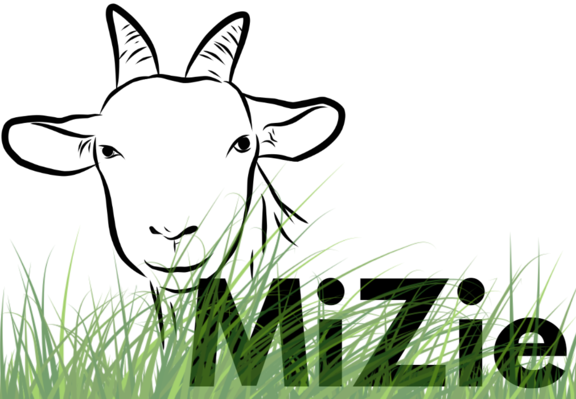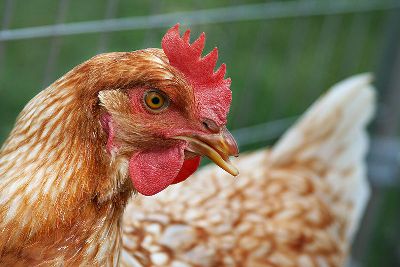The species-specific behavioural repertoire of farm animals is the result of natural selection in evolution. Even human selection that farm animal species have undergone during domestication for thousands of years has only led to quantitative changes in behaviour.
In the housing environment, behaviour is regulated by immediate internal (e.g. boredom) and external (e.g. occupational material) stimuli (= proximate behaviour control). Certain conditions must therefore be fulfilled to enable farm animals to perform their species-specific behaviours. In their housing environments, however, farm animals are always confronted with restrictions (e.g. lack of stimuli) that can disrupt behaviour pattern or the perception of behavioural goals. Restrictions due to husbandry that negatively affect the adaptability of farm animals can lead to behavioural disorders (e.g. feather pecking or tail biting). Restrictions that are not associated with negative effects for the animal may be seen as successful adaptations.
Research at the Institute for Animal Welfare and Husbandry on the behavioural requirements of our farm animal species and the causes of behavioural disorders are a basic prerequisite for the development of animal-friendly and sustainable husbandry systems.




